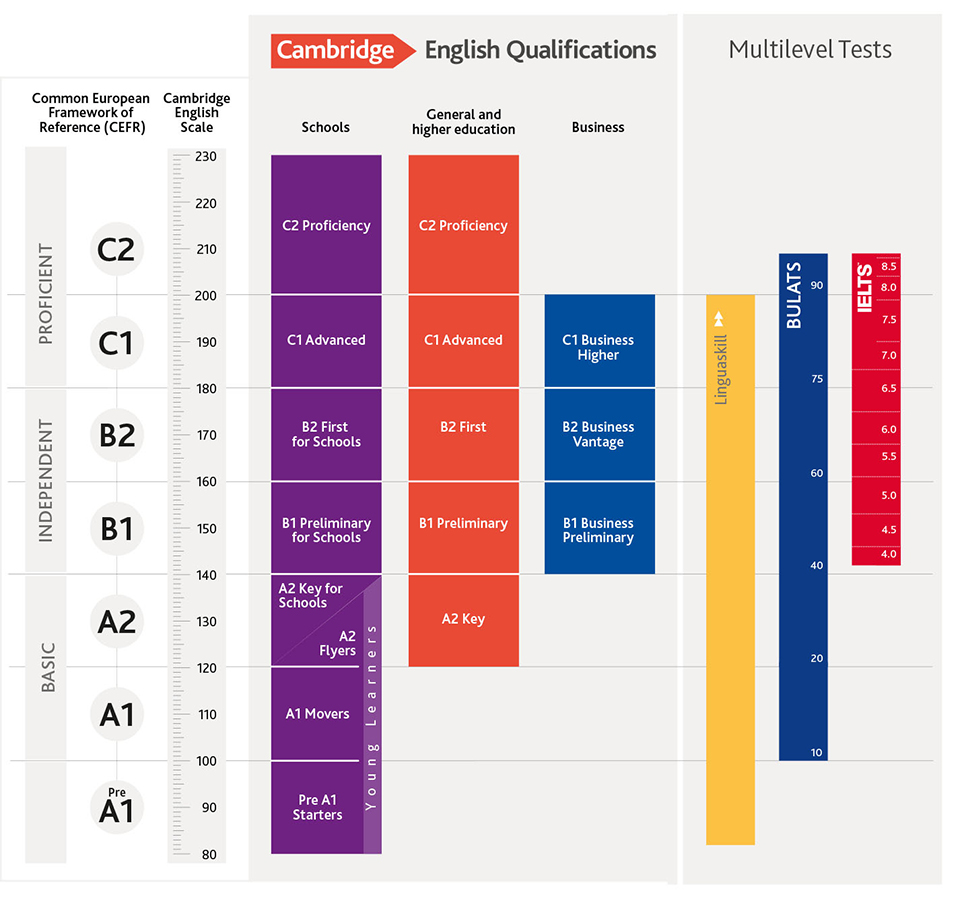To teach students is always challenging, no matter either they’re of a beginner or an advanced level. The core thing is how to approach the students and their needs. Who’s an advanced student? CERF describes them this way:
Can understand a wide range of demanding, longer texts, and recognise implicit meaning. Can express him/ herself fluently and spontaneously without much obvious searching for expressions. Can use language flexibly and effectively for social, academic and professional purposes. Can produce clear, well-structured, detailed text on complex subjects, showing controlled use of organisational patterns, connectors, and cohesive devices.

Let me outline a couple of challenges I’ve come across with and possible ways of solutions while working with advanced students.
Grammar
Advanced learners have already a well-based set of grammar, hence it’s a great challenge to polish their knowledge due to some factors.
Myth: they consider they know all the grammar
Reality: there’s always something to be improved. For that, we can find a lot of books that can help us in this task, e.g.
— Longman Advanced Learners’ Grammar by Mark Foley & Diane Hall
— Advanced Grammar in Use by Martin Hewings
— Grammar for CAE and CPE by Martin Hewings
The task of any teacher is to detect all the drawbacks and gaps that advanced students should concentrate on. Emphasize on some peculiar grammar features of English (phrasal verbs, idioms, complex constructions, etc.) that will benefit in the study.
Vocabulary
According to my experience, most students refuse to join General course of English, they want to plunge into specific fields (Business English, English for Finances, Law, Marketing, etc.) or just simply have only Spoken lessons. It’s delusion itself as there is always a lot to be studied on a general basis — some topics in the combination with grammar tasks can be tricky even for an advanced learner.
Secondly, assist your learners to focus on their Vocab lists to check and practice more day in and day out. If you’re helping to get ready for TOEFL and IELTS, emphasize on lists. Cambridge makes up their downloadable vocab versions.
You can also find here how to work with vocab lists.
Accents
Inspire your students to pay attention to various accents of the English language, let them check if they’ve heard a lot of them, investigated how many of them exist. Besides, watching movies or pieces of series will speed up this process. They can find out what accents belong to what actors here and include watching authentic material as often as possible. My students and I used Nature is speaking videos to feel the accent difference.
Attention
A lot of advanced students are too concentrated on the specific target that some of them can have distractible attention due to their self-confidence or, vice versa, because of some uncertainty about definite language aspects. In this case, you need to assist your students to envision where they’re good at and where they need to be improved.
Trust
Build your trust and cordial relationships with your students in and out of class.
As for me, some aspects serve a crucial function, hence a teacher MUST BE:
— a professional coach that is always growing and taking care of his/her CPD (Continuing Professional Development)
— trustworthy and reliable
— resilient to any in- and out-of-class situation
— compassionate in any case






 Вероника Аветисян
Вероника Аветисян 
 Маргарита Аветисян
Маргарита Аветисян 



judging from the way the «teacher» expresses her ideas in writing, she herself is far from the advanced level 🙂